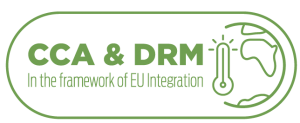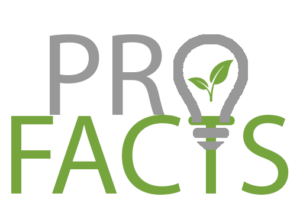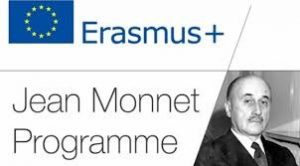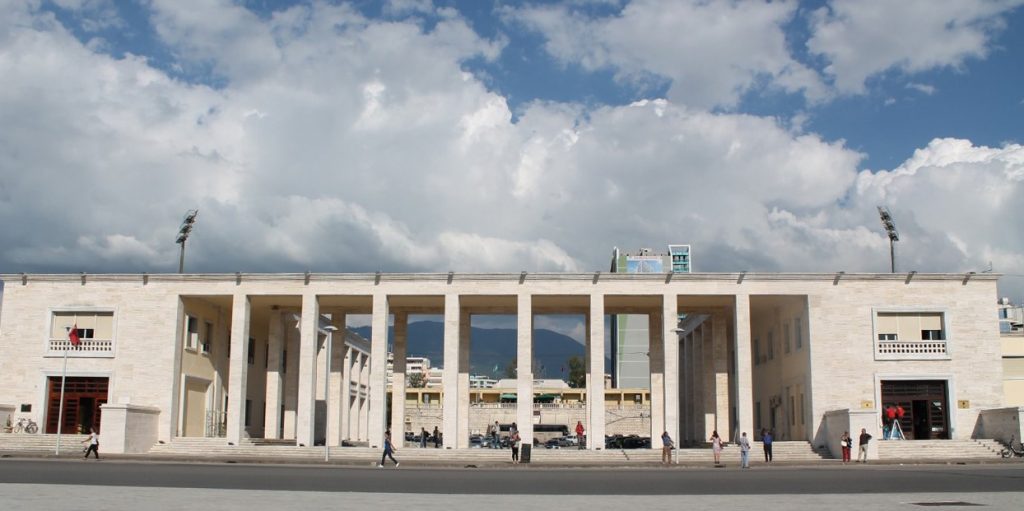Education is emphasized as a key factor in achieving mitigation to climate change, serving as a bridge to develop training, public awareness, public participation, public access to information and cooperation at all levels. Its role is acknowledged in the Paris Agreement, Kyoto Protocol, Montreal Protocol, Sendai Framework, and other international agreements in the field of Climate Change. Developing climate change education is also one of the actions needed for the implementation of the EU Green Deal. Education system can affect climate change action by improving climate change literacy, addressing teaching and learning methodologies that foster a problem solving and critical thinking approach, and by making university services more sustainable and greener. The Commission is engaged in working with Member States and stakeholders to identify climate knowledge gaps and the relevant tools and methodologies to address them. This role of education puts academics, researchers and professionals, in a position where they have to adapt to the new requirements of their work. In the long-run, education and the renewable energy approach are considered as pillars to mitigating Climate Change.
By addressing knowledge on EU practices and experiences in three interconnected areas (climate, energy and taxation), this project aims at contributing to integrate EU studies into third countries curricula which is not directly related to EU studies. The main outputs if this project involve developing 3 Jean Monnet modules, at the Faculty of Economics (FE), University of Tirana (UT). All modules will be developed under the context of EU studies. The first module will be integrated within the existing course “Energy Markets” offered in the Master of Science in Risk Management Program, enriching the current course program with topics and case studies related to the European experience in the field of Energy. Best practices related to the implementation of renewable energy resources, and development of the EU carbon market will also be included. The second module will be integrated within the existing course “Fiscal Administration” offered in the Professional Master in Public Administration, enriching the current course program with topics and case studies related to the European experience in the efficient taxation, tax fairness, climate taxonomy, welfare provision, green taxation, and carbon taxes. Best practices related to the implementation of different types of taxation and reform in the fiscal system in EU to achieve the Green Deal goals will also be included. The third module will be offered through an intensive specialized course entitled “Climate and Green Finance Agenda in EU”, which will be addressed to all interested students from all study programs offered at the Faculty of Economics, and possibly involve also students and professionals beyond the institution. The module will address issues related to the impact of climate change and energy-related mitigation policies on financial markets in EU. The course program will include knowledge about sustainable development, EU integration agenda on Climate Change, green taxation, climate finance, “green” climate financial instruments, risks and opportunities caused by climate change in financial markets, sustainable financing in the EU and in developing countries.
The specific objectives of the project are as follows: Foster the introduction of a European Union angle into mainly non EU related studies. This project aims at promoting teaching experience in European Union issues through the development of three JM Modules.
Deliver tailor-made courses on specific EU issues relevant for professionals. One of the JM modules that will be developed under the project will be a specialized intensive course open for enrollment for both students of all programs of studies and professionals interested in enhancing their knowledge on EU policy making in the field of climate, energy and fiscal reforms.
Foster dialogue between students, staff and policy makers in order to enhance their contribution to the EU agenda of the country. Supporting activities of the project will contribute to the development of policies in the field of Climate Change and Energy Transition to Renewables and green fiscal policies in line with EU Integration goals. One policy paper will be produced within the project.
Promote research in European Union issues. The project will promote research activities among staff and students involved.
Enhance the publication and dissemination of the results of academic activities. The project will include active outreach and educational work that will spread knowledge about EU subjects to wider society (beyond academia and specialised audiences) and will bring the EU closer to the public.




